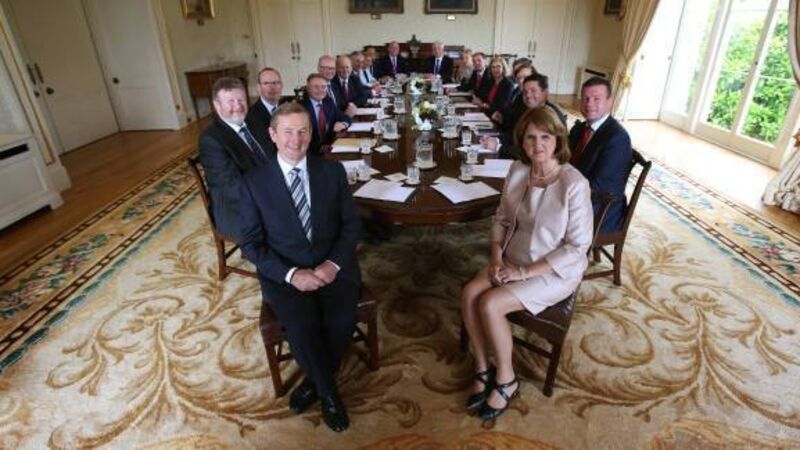Varied responses to political failures

That was seen in the overnight session of the Greek parliament on Thursday when MPs overwhelmingly approved a third bailout deal for their troubled country. That vote was so divisive that an early election is expected. Irrespective of who is returned to power after that election, if there is one, Greece’s position will be very difficult.
In America, as the end of President Barack Obama’s second term in office approaches, the scramble to win either the Republican or Democratic nomination veers towards something so bizarre as to be disturbing. When Ronald Reagan began his climb to the White House in 1980 he was derided as a B-movie actor parroting someone else’s lines, but compared to some of today’spresidential hopefuls, he seems a philosopher king. This denouement must worry anyone who cares for America and the generally positive influence it brings to bear around the world.














